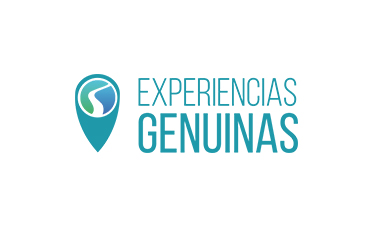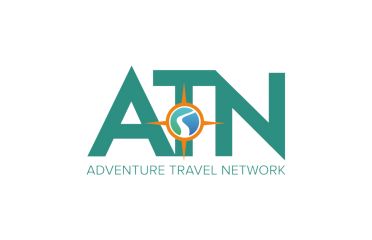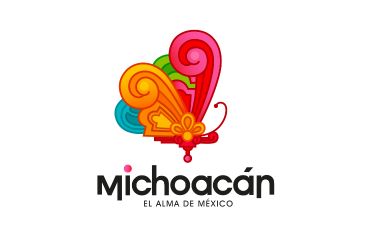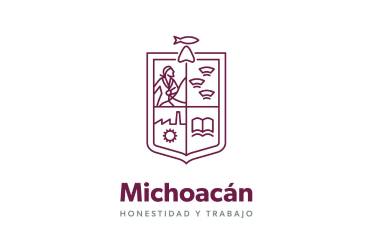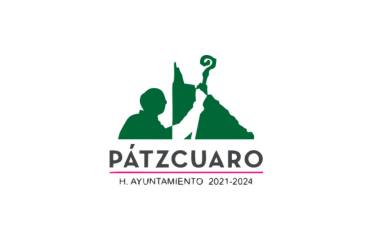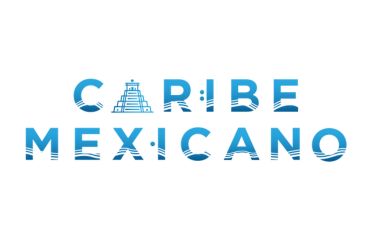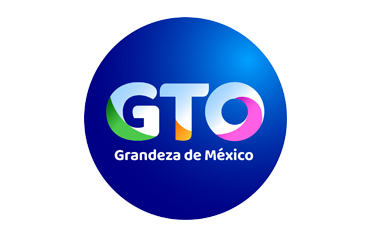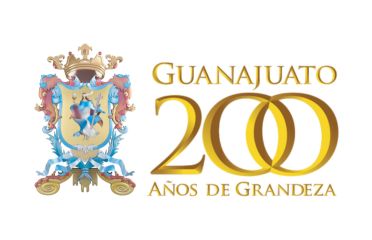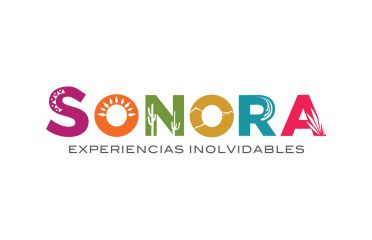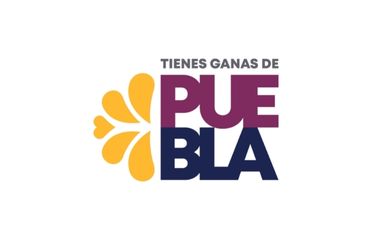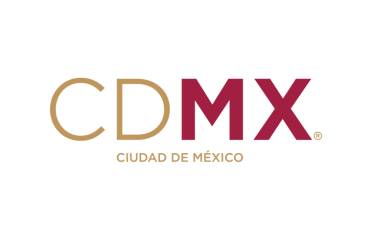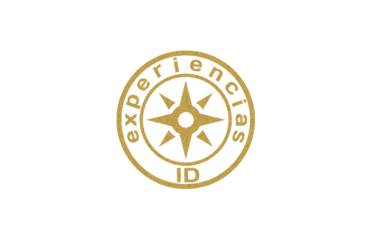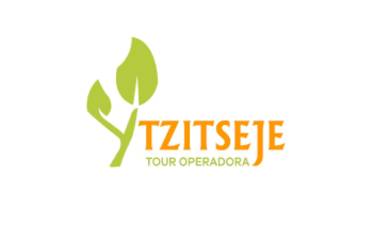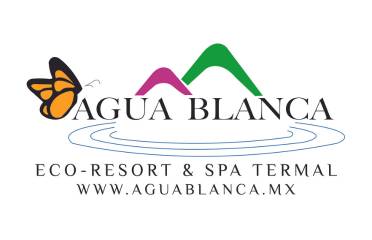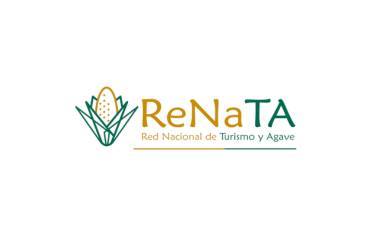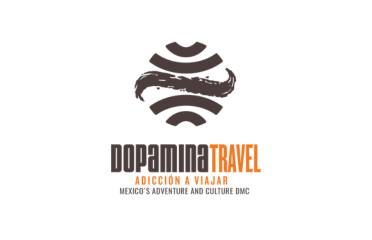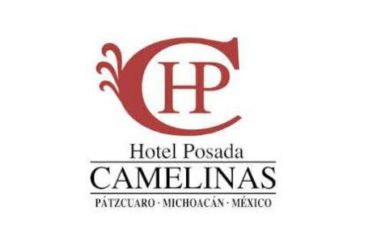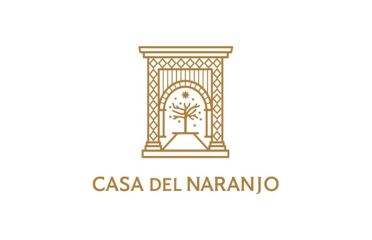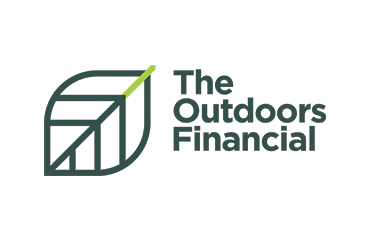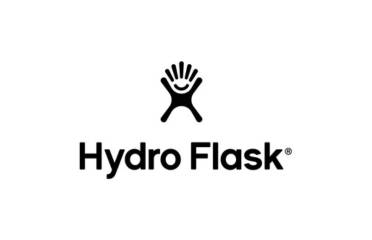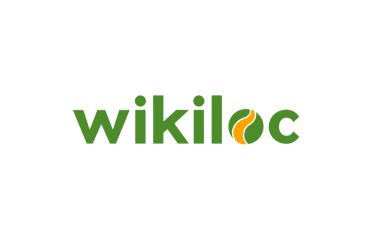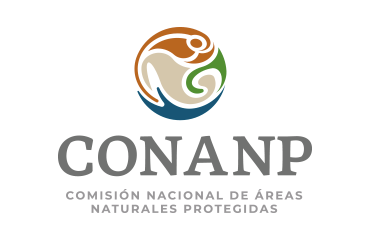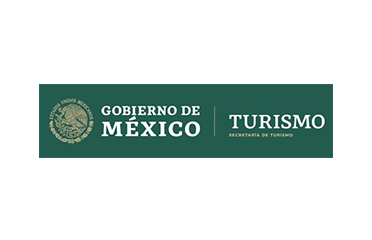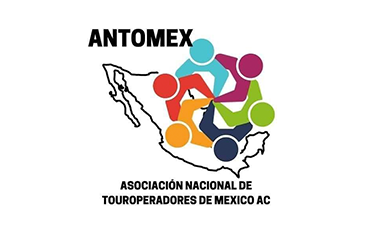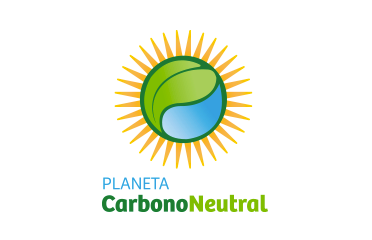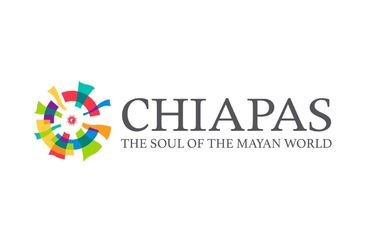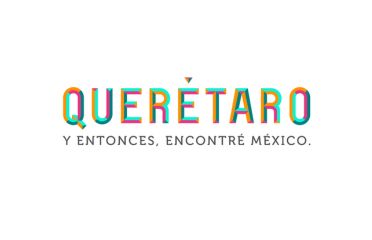Tourism is also called the industry without chimneys. There is no doubt that water is a crucial resource that enhances the touristic potential of a place or enterprise. However, access to water is underappreciated, and sometimes, water is wasted.
Being human has provided our species with a supremacy over our habitat, which by the way we have brought to its inevitable collapse. In the beginning of our history, Homo sapiens overcame other hominids and have since subdued any other animal that threaten human settlements or need access to our same resources. Nowadays, the human civilization has overpopulated the planet and is driving the rest of the living species to extinction, by our underperformance in economics, politics, social and environmental justice. There is no place on this planet that is safe from modern civilization.
This has not been a time of declared wars against enemy countries; now, to sustain our development, our extractive methods are depleting our natural resources; and this has become a constant, passive threat that many cannot see. We are condemning to extinction to all the living beings; not only animals or plants, humankind as well. The looming mass extinction is more menacing that any atomic bomb.

And it is not only the exploitation of resources that has become a problem; the hoarding of resources is one as well. When we discuss access to water as a human right, are we also considering the wildlife right to clean and abundant water? Their right to this valuable resource is defended by many conscious people, but by very few laws. Humans have rights, certainly, also animals and plants have rights that merit to be defended. All living beings deserve access to the resources needed for their adequate subsistence. And this starts with access to clean water.
Water is the source of life, it is a renewable resource, but access to water becomes a logistic process that requires of a certain quantity of water but is also defined by the quality of water. Without water, we all die; with polluted water, we will also die. Currently, our wastewater treatment facilities are inadequate, outdated, and insufficient; many underground water sources are being threatened not only by fecal particles, but also by the excessive extraction. This prevents the replenishment of the water sources; each passing day there is less drinking water on planet Earth.

Water is an unvaluable resource, and its value lies on a complexity that most humans cannot comprehend, and therefore, do not assume control or responsibility for the impact they cause.
What can we do to prevent wastewater reaches the underground aquifers if we live in a city that mismanages its wastewater treatment facilities? What can we do if we live in the country, where there is no urbanization of sewage systems or wastewater treatment? Our best option is to commit to not pollute water unnecessarily; but also, a reduction of our water usage is fundamental for the preservation of the water sources that irrigate every aspect of our lives. Over seven billion human souls dwell this planet; but they are not alone, many sentient living beings surround us, the flora, and the fauna. We all depend on water to live.
What will happen to us when drinking water is contaminated, not only by fecal particles, but also by fats and oils, battery leaks, nuclear waste, carcinogenic substances? What will happen when the water on this planet becomes undrinkable?

As follows, a list of some ideas to cut our water consumption. For many more ideas, please check the link https://wateruseitwisely.com/100-ways-to-conserve/?view=list
1. Change your consumption habits in every way. Stop buying new clothes just because you are following new trends; stop buying new appliances just because a new more modern one is now on the market; stop using disposable containers; try using the same pair of shoes the longer you can; and above all, make sure that whenever you buy something, its producers are respectful to the environment and embrace sustainable practices.
2. Demand to your suppliers that all the products and services incorporate sustainable practices in their production line; verify that they fix the pollution they might cause to the origin water sources; and make sure they are not over exploiting the water source to which they have access.
3. Turn off the lights, the generation of electricity at hydroelectric power plants might not contaminate, but they certainly disrupt the area where they are located.
4. Do not overuse technology; the main component of electronic devices are highly pollutant.
5. Do not use disposable batteries. Only a small battery can alter the water it contaminates.
6. Do not participate in aquatic animal shows or attend water parks. Do not condone that water is over exploited by mere entertainment.
7. Do not play golf. The golf courses demand high irrigation for their lawns.
8. Reduce the frequency and duration of each shower you take. Do not waste water waiting to warm up or while you are using shampoo or soap. Each second with the running water counts.
9. When washing clothes, do not use fabric softener; prefer biodegradable soap and whenever possible, hang the clothes to sun dry.
10. If possible, change your toilet for a composting one; if you live in a house, change your traditional sewage for a biodigestor system. Remember that all the water that we use in our toilets could have been used for drinking by someone else instead.
11. Do not waste water washing your car with a hose. Try removing dust with a dry mop and if possible clean the window surfaces only.
12. In your garden, prefer plants that do not require extra irrigation, prefer locally grown or those resistant to heat and drought.
13. Do not waste food and stop consuming processed or pre-packed meals. Those wrappings require a huge amount of water to be produced. Those factories consume water that could be diverted to a better use.
14. Reduce your gas consumption. Share your ride and whenever possible prefer your bicycle.
15. Learn the water footprint of all the products and services that you choose and learn about the importance of reducing the consumption of water, to preserve it for the future.
16. Educate those around you about the fragility of our lives on Earth and our limited access to fresh water. Make sure you are not only talking, but that they are listening and understanding.
17. Stop talking about the human right to water, it is a universal right of all living beings. Start working towards your personal goals for protecting water from pollution and overexploitation.
18. Lead by example. Save the world one minute at a time.

Image Source: https://graphics.latimes.com/food-water-footprint/
Preserving life and preserving water is not an act of faith, but of commitment and self-love.
